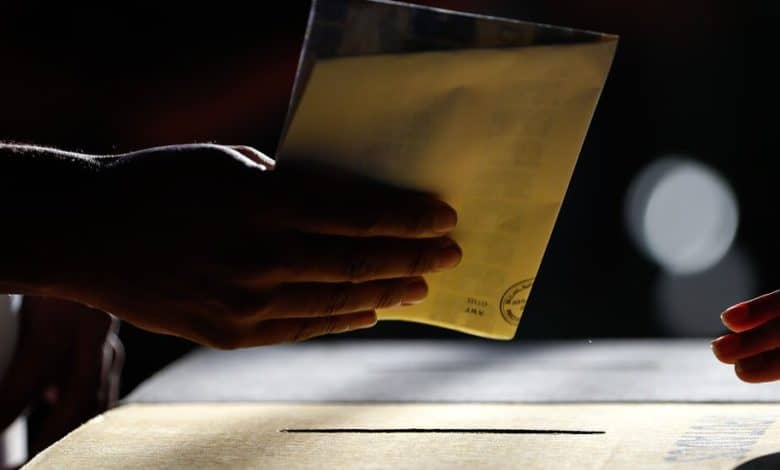Why Nayib Bukele’s Anti-Crime Model for El Salvador Won’t Work in Other Countries

Voters in El Salvador this week gave their tough-on-crime president a sweeping mandate: Keep going.
While votes are still being counted, President Nayib Bukele claims he won re-election by a landslide, with more than 85 percent of the vote. If those results hold when the official count is announced, not even Latin America’s best-known populist presidents, like Venezuela’s Hugo Chávez or Bolivia’s Evo Morales, will have come close to winning election by such margins.
Mr. Bukele’s unparalleled rise comes down to a single factor: El Salvador’s stunning crime drop. Since he took office in 2019, intentional homicide rates have decreased from 38 per 100,000 in that year to 7.8 in 2022, well below the Latin American average of 16.4 for the same year.
The crackdown Mr. Bukele has led on organized crime has all but dismantled the infamous street gangs that terrorized the population for decades. It also exacted a tremendous price on Salvadorans’ human rights, civil liberties and democracy. Since March 2022, when Mr. Bukele declared a state of emergency that suspended basic civil liberties, security forces have locked up roughly 75,000 people. A staggering one in 45 adults is now in prison.
Other leaders in the neighborhood are taking notice, and have debated adopting many of the same drastic measures to fight their own criminal violence. But even if they wanted to make the trade-off that Mr. Bukele’s government has — making streets safer through methods that are blatantly at odds with democracy — they aren’t likely to succeed. The conditions that enabled Mr. Bukele’s success and political stardom are unique to El Salvador, and can’t be exported.
Walking the streets of the capital, San Salvador, in the days before the election, we saw firsthand how families with children have returned to parks. People can now cross formerly impassable gang-controlled borders between neighborhoods. The city center, which for years was largely empty by sunset, is now lively late into the night.
But El Salvador, which transitioned to democracy in the 1990s, has veered off that path. Mr. Bukele now controls all government branches. The nation of 6.4 million is run as a police state: Soldiers and police officers routinely whisk citizens off the streets and into prison indefinitely without providing a reason or allowing them access to a lawyer. There are credible reports that inmates have been tortured. Government critics told us they have been threatened with prosecution, and journalists have been spied on. Even last Sunday’s vote is under a microscope after the transmission system for the results of the preliminary vote count collapsed in a highly unusual manner.
We are having trouble retrieving the article content.
Please enable JavaScript in your browser settings.
Thank you for your patience while we verify access. If you are in Reader mode please exit and log into your Times account, or subscribe for all of The Times.
Thank you for your patience while we verify access.
Already a subscriber? Log in.
Want all of The Times? Subscribe.
